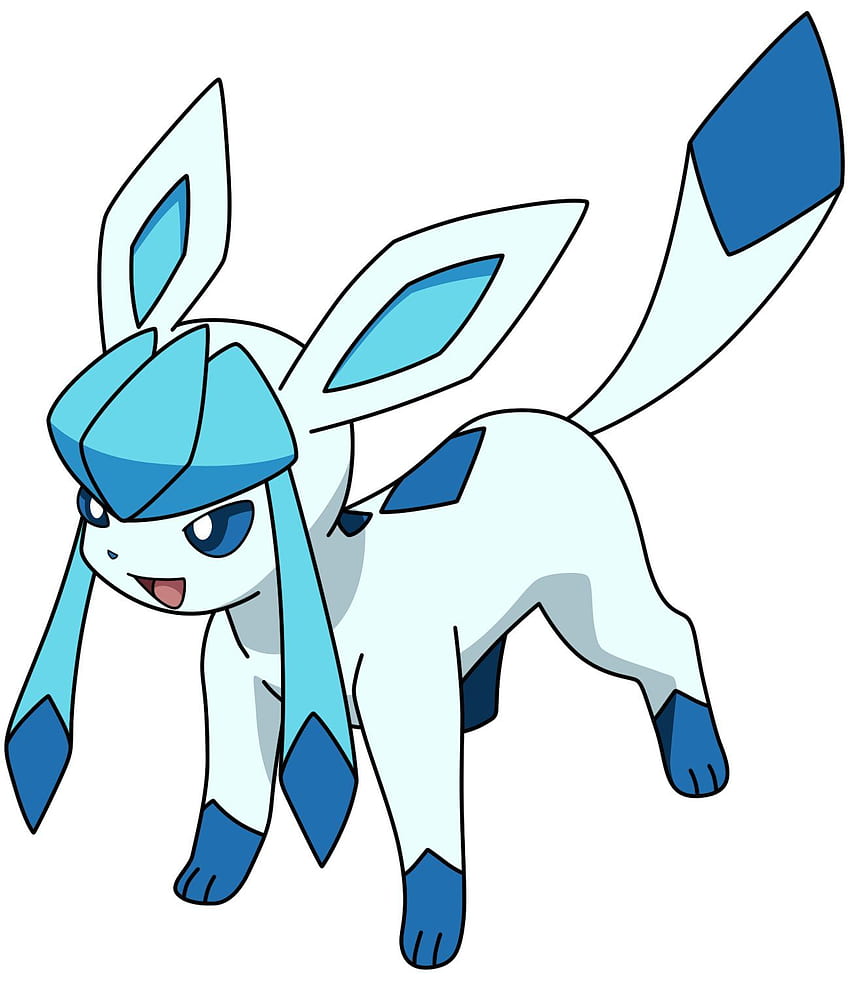Zizek did not humiliate this fucking grifter enough
I told someone this book was fiction once, and he called me a genocide denier.
I told a fash that white genocide was fiction, and he called me the same thing.
"person with enough critical thinking and history knowledge not to fall for every CIA lie"
Someone get the benzos, time to finish the job once and for all
I once was celebrating his semi collapse of JP and a friend of mine scolded me for making light of drug addiction.
you can't just go around making fucking jOkEs mate, punching down on a humble little drug addicted fascist
The difference I see between this and regular addiction is that with working class people, their addictions are as a result of capitalism and external stressors/conditions, while JP is just a dumbfuck who thought it was a good idea to eat nothing but beef.
Oh good, they got an expert on the topic to do the forward, I don't see the issue here.
Zizek honestly was only arguing with himself in that debate. Peterson literally gave him the most softball introduction to dunk on with the most basic material analyses, yet he chose to instead spend the entire time speaking of the philosophy of ideology. Now if Parenti had been on that stage... :sicko-yes:
If Parenti is still alive in a post-rev scenario, we need to set up trials for all reactionary war criminals in which they have to debate Michael Parenti for their freedom, or else face work assignment to Iowa.
Most likely just wanted an easy payday and to get out of there.
I watched a more recent Zizek interview where he brought up Peterson in a neutral way. My guess is he wants a slice of the Peterson audience, which is a good move, because they clearly have no idea what's going on and are looking for someone to give them answers. Hence not insulting Peterson.
The only good stuff is the stuff that he basically steals from the public domain. The stuff that's kinda just universally accepted decent advice.
But even that stuff doesn't mesh well with his overall narrative. Like, don't compare yourself to others, only your past self, is great advice, but when you're the "actually, hierarchy is good" person, it rings hollow, because comparing people to each other, then ranking them, is literally what hierarchy fucking is.
He is. And he's critical to fascist growth. If he disappeared it would take fascists years to build someone else up to the same standard and there are very few with the ability to keep their fashy nonsense under control long enough to reach his level of influence in the mainstream.
Unlike leftist growth which is spread extremely wide with individuals radicalising individuals the fascist growth is coming through a handful of extremely heavily promoted influencers. These influencers are critical points in the chain and it takes a long time to build them. They can't build several at once either because building one up requires the entire audience to focus on them. The skill-growth these influencers go through and the way constructing them works results in only being able to build a couple of different influencers up at a time to target different audiences.
With any luck the benzo addiction kills him.
Another person who is always associated with books and articles on the supposed millions who lost their lives or liberty in the Soviet Union is the Russian author Alexander Solzhenitsyn. Solzhenitsyn became famous throughout the capitalist world towards the end of 1960 with his book, The Gulag Archipelago. He himself had been sentenced in 1946 to 8 years in a labour camp for counter-revolutionary activity in the form of distribution of anti-Soviet propaganda. According to Solzhenitsyn, the fight against Nazi Germany in the Second World War could have been avoided if the Soviet government had reached a compromise with Hitler. Solzhenitsyn also accused the Soviet government and Stalin of being even worse than Hitler from the point of view, according to him, of the dreadful effects of the war on the people of the Soviet Union. Solzhenitsyn did not hide his Nazi sympathies. He was condemned as a traitor.
Solzhenitsyn began in 1962 to publish books in the Soviet Union with the consent and help of Nikita Khrushchev. The first book he published was A Day in the Life of Ivan Denisovich concerning the life of a prisoner. Khrushchev used Solzhenitsyn’s texts to combat Stalin’s socialist heritage. In 1970 Solzhenitsyn won the Nobel Prize for literature with his book The Gulag Archipelago His books then began to be published in large quantities in capitalist countries, their author having become one of the most valuable instruments of imperialism in combating the socialism of the Soviet Union. His texts on the labour camps were added to the propaganda on the millions who were supposed to have died in the Soviet Union and were presented by the capitalist mass media as though they were true. In 1974, Solzhenitsyn renounced his Soviet citizenship and emigrated to Switzerland and then the US. At that time he was considered by the capitalist press to be the greatest fighter for freedom and democracy. His Nazi sympathies were buried so as not to interfere with the propaganda war against socialism.
In the US, Solzhenitsyn was frequently invited to speak at important meetings. He was, for example, the main speaker at the AFL-CIO union congress in 1975, and on 15 July 1975 he was invited to give a lecture on the world situation to the US Senate! His lectures amount to violent and provocative agitation, arguing and propagandising for the most reactionary positions. Among other things he agitated for Vietnam to be attacked again after its victory over the US. And more: after 40 years of fascism in Portugal, when left-wing army officers took power in the people’s revolution of 1974, Solzhenitsyn began to propagandise in favour of US military intervention in Portugal which, according to him, would join the Warsaw Pact if the US did not intervene! In his lectures, Solzhenitsyn always bemoaned the liberation of Portugal’s African colonies.
But it is clear that the main thrust of Solzhenitsyn’s speeches was always the dirty war against socialism— from the alleged execution of several million people in the Soviet Union to the tens of thousands of Americans supposedly imprisoned and enslaved, according to Solzhenitsyn, in North Vietnam! This idea of Solzhenitsyn’s of Americans being used as slave labour in North Vietnam gave rise to the Rambo films on the Vietnam war. American journalists who dared write in favour of peace between the US and the Soviet Union were accused by Solzhenitsyn in his speeches of being potential traitors. Solzhenitsyn also propagandised in favour of increasing US military capacity against the Soviet Union, which he claimed was more powerful in ‘tanks and aeroplanes, by five to seven times, than the US’ as well as in atomic weapons which ‘in short’ he alleged were ‘two, three or even five times’ more powerful in the Soviet Union than those held by the US. Solzhenitsyn’s lectures on the Soviet Union represented the voice of the extreme right. But he himself went even further to the right in his public support of fascism.
After Franco died in 1975, the Spanish fascist regime began to lose control of the political situation and at the beginning of 1976, events in Spain captured world public opinion. There were strikes and demonstrations to demand democracy and freedom, and Franco’s heir, King Juan Carlos, was obliged very cautiously to introduce some liberalisation in order to calm down the social agitation.
At this most important moment in Spanish political history, Alexander Solzhenitsyn appears in Madrid and gives an interview to the programme Directísimo one Saturday night, the 20th of March, at peak viewing time (see the Spanish newspapers, ABC and Ya of 21 March 1976). Solzhenitsyn, who had been provided with the questions in advance, used the occasion to make all kinds of reactionary statements. His intention was not to support the King’s so-called liberalisation measures. On the contrary, Solzhenitsyn warned against democratic reform. In his television interview he declared that 110 million Russians had died the victims of socialism, and he compared ‘the slavery to which Soviet people were subjected to the freedom enjoyed in Spain’. Solzhenitsyn also accused ‘progressive circles’ of ‘Utopians’ of considering Spain to be a dictatorship. By ‘progressive’, he meant anyone in the democratic opposition – were they liberals, social-democrats or communists. ‘Last autumn,’ said Solzhenitsyn, ‘world public opinion was worried about the fate of Spanish terrorists [i.e., Spanish anti-fascists sentenced to death by the Franco regime]. All the time progressive public opinion demands democratic political reform while supporting acts of terrorism’. ‘Those who seek rapid democratic reform, do they realise what will happen tomorrow or the day after? In Spain there may be democracy tomorrow, but after tomorrow will it be able to avoid falling from democracy into totalitarianism?’ To cautious inquiries by the journalists as to whether such statements could not be seen as support for regimes in countries where there was no liberty, Solzhenitsyn replied: ‘I only know one place where there is no liberty and that is Russia.’ Solzhenitsyn’s statements on Spanish television were a direct support to Spanish fascism, an ideology he supports to this day. This is one of the reasons why Solzhenitsyn began to disappear from public view in his 18 years of exile in the US, and one of the reasons he began to get less than total support from capitalist governments. For the capitalists it was a gift from Heaven to be able to use a man like Solzhenitsyn in their dirty war against socialism, but everything has its limits. In the new capitalist Russia, what determines the support of the west for political groups is purely and simply the ability of doing good business with high profits under the wing of such groups. Fascism as an alternative political regime for Russia is not considered to be good for business. For this reason Solzhenitsyn’s political plans for Russia are a dead letter as far as Western support is concerned. What Solzhenitsyn wants for Russia’s political future is a return to the authoritarian regime of the Tsars, hand-in-hand with the traditional Russian Orthodox Church! Even the most arrogant imperialists are not interested in supporting political stupidity of this magnitude. To find anyone who supports Solzhenitsyn in the West one has to search among the dumbheads of the extreme right.
According to Solzhenitsyn, the fight against Nazi Germany in the Second World War could have been avoided if the Soviet government had reached a compromise with Hitler.
Did this motherfucker never hear of Molotov-Ribbentrop
the latter, it's fiction. Solzhenitsyn was a fascist who supported the Nazis and Franco
Gulag Archipelago? It’s a great read as a historical primary source, and as far as I know it’s not full of made up BS; being in a Stalinist Gulag really did suck ass.
Edit: also there are definitely moments where he’s trying to depict the horrors of the soviet prison system, and my reaction (even as a lib teenager reading the book) was “oh that sounds just like the US prison system.”
it is full of made up BS and Solzhenitsyn was a Nazi sympathiser and Franco supporter










